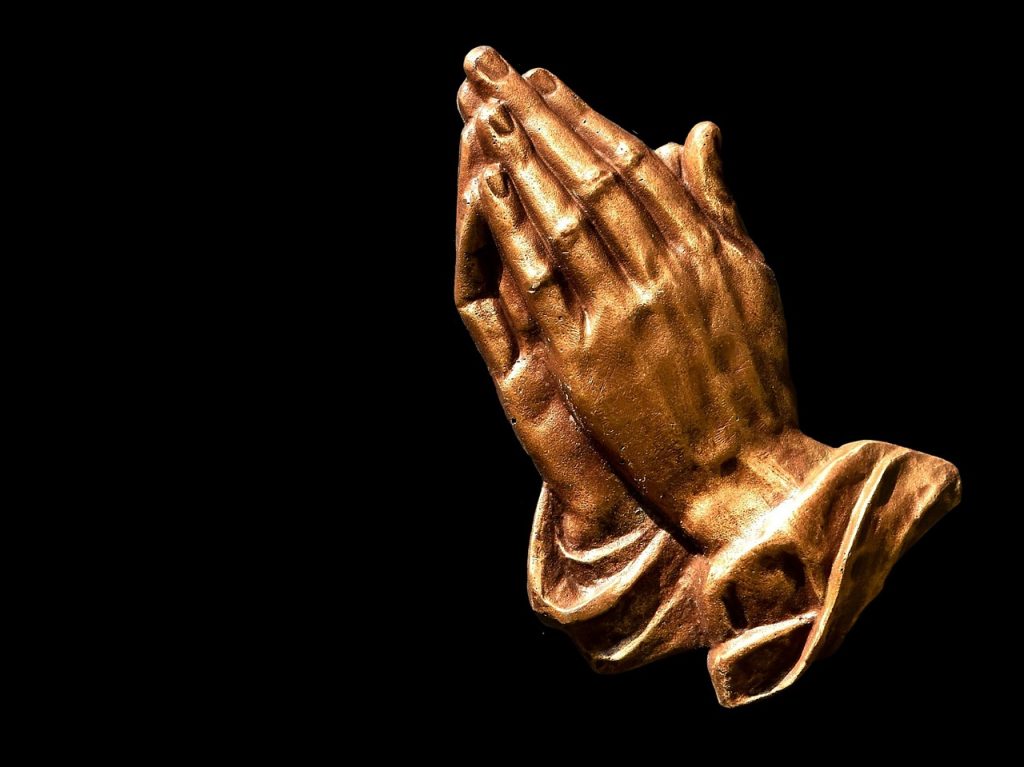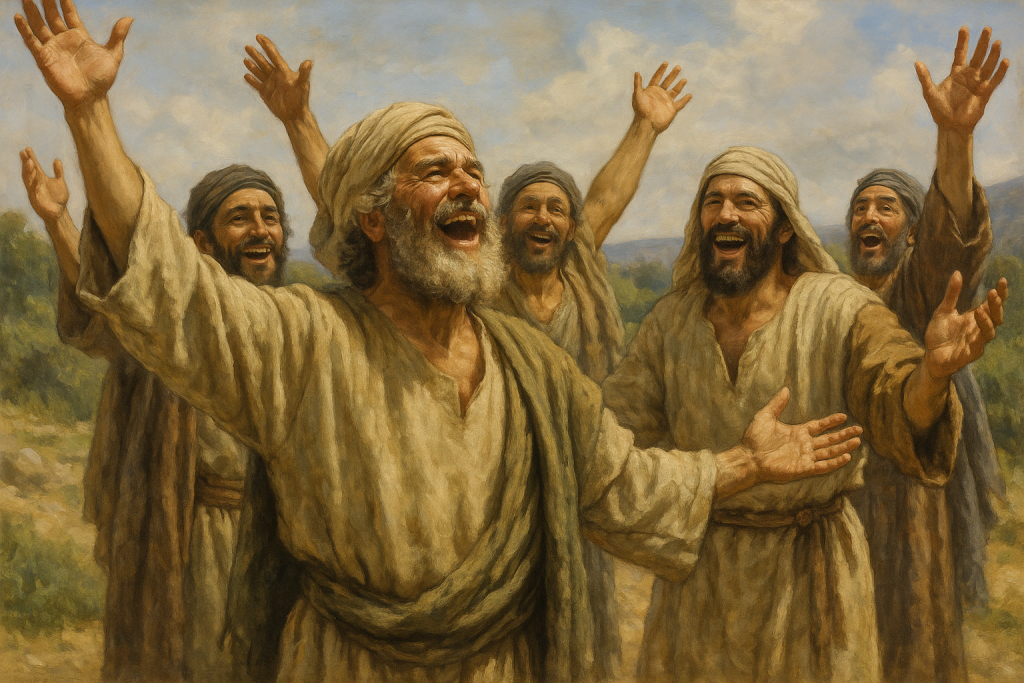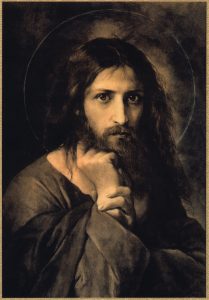“And behold, a certain lawyer stood up, making trial of him, and saying, Teacher, what shall I do to inherit eternal life? And he said unto him, What is written in the law? how readest thou? And he answered and said, Thou shalt love the Lord thy God with all thy heart, and with all thy soul, and with all thy strength, and with all thy mind; and thy neighbour as thyself.” (St. Luke 10:25-37)
In this Gospel reading we see the encounter between Christ and the lawyer; we are drawn into the heart of the Gospel itself—the call to love. The question posed, “What shall I do to inherit eternal life?”, is not one of spiritual hunger, though it is mingled with the lawyer’s desire to test the Lord. Yet Christ, in His divine wisdom, does not rebuke him but directs him to the Law that he already knows. The path to eternal life, our Lord shows, is not hidden from human understanding; it has been written upon the pages of the Holy Scriptures and, more deeply still, upon the human heart. The lawyer’s reply — to love God wholly and to love one’s neighbour as oneself—unites heaven and earth in a single command. Love is not presented as sentiment, but as the very substance of the divine life into which humanity is called. Our understanding of salvation is precisely this—participation in the life of God through love. To love God with heart, soul, strength, and mind is to surrender the totality of one’s being to Him, that His energies might transfigure every part of our existence. Such love demands not portions of affection but the full consecration of the person to the will of the Creator.
Continue reading →
 (Read St. Luke 11:1-4)
(Read St. Luke 11:1-4)
